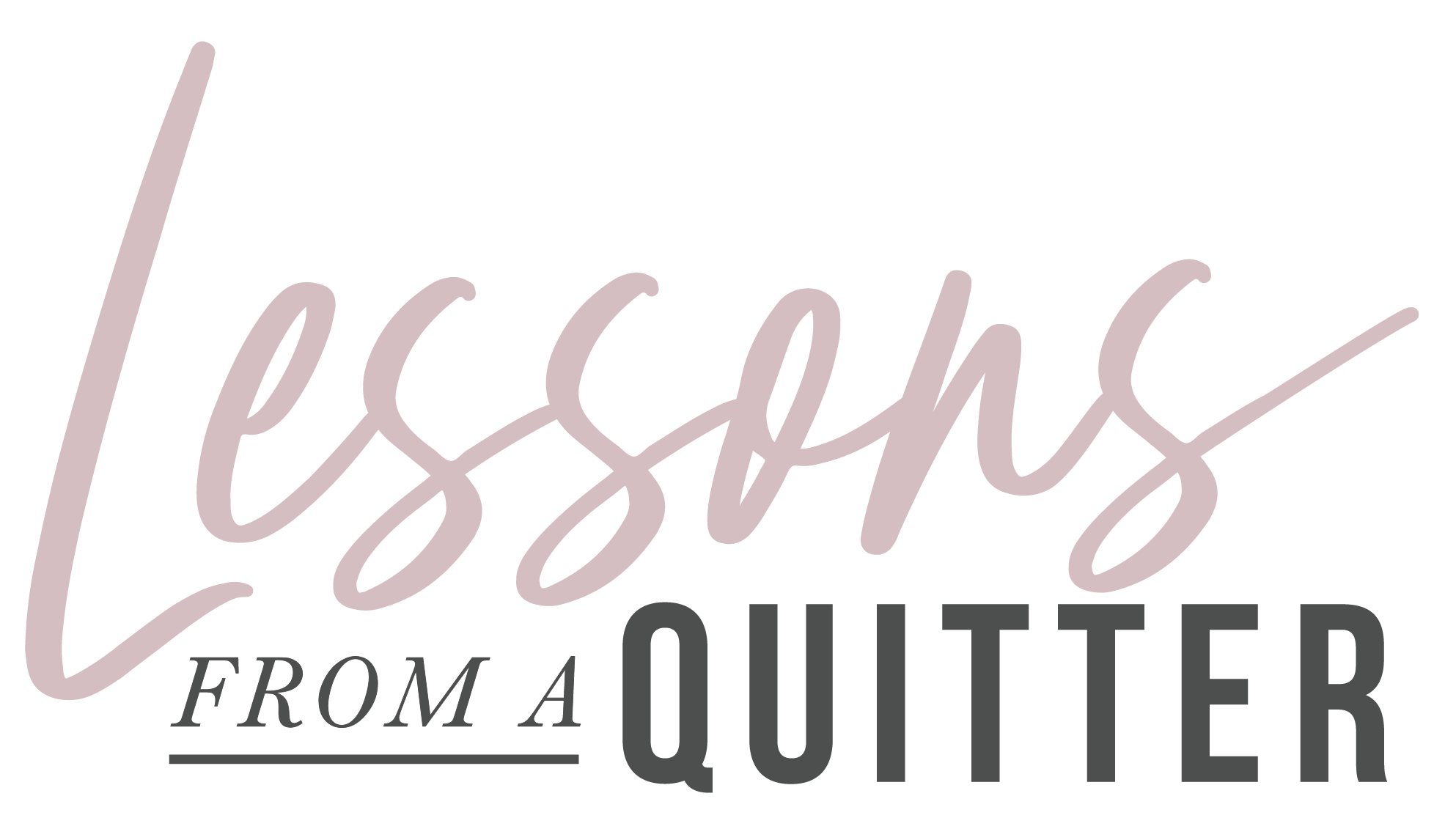Before discovering thought work, a lot of my unhappiness came from not understanding my own thoughts and feelings, from not knowing what was going on in my own head. My days often felt kind of aimless, like I never knew what emotions might hit me. As I’ve worked with others and helped them manage their minds, I’ve realized that this struggle is at the heart of a lot of what we work through in my coaching. Here’s the key thing: most of our unhappiness doesn’t come from what happens to us; it comes from the stories we tell ourselves about what happens.
As I’ve found quick ways to organize my thoughts and feelings, I can now instantly turn my feelings around to feel more in control. And I’ll give you the simple question that will help you to stop attaching a story and relieve a lot of the dirty pain and negative emotions that you feel when something negative happens.
Really getting clear on what story you’re attaching
In therapy, there’s this idea of clean and dirty pain. Clean pain is when something happens outside of you that you didn’t want, and it creates normal negative emotions as a response to that event. You might feel disappointed when you don’t get what you wanted or rejected when a relationship ends. Processing that clean pain can usually help it go away. The issue is, we often add a story to what happened, usually a really harsh one about ourselves. This made-up story becomes the dirty pain, the baggage that makes it hard for us to move on from these events.
For example, let’s say you apply for a job and don’t get it. It’s okay to feel disappointed. But then, you might tell yourself, “I knew I wasn’t good enough,” and start thinking of all the ways you’re not smart or deserving. We tend to collect evidence to make this story stronger, carrying it like a heavy suitcase everywhere we go. However, what if the job rejection had nothing to do with you, like legal requirements or someone’s personal preference? Yet, we decide it means we’re not good enough and carry that belief around.
Similarly, in relationships, if someone breaks up with us, we often jump to the story that we’re unlovable. But people have their issues too, and it might have nothing to do with our worth. Even in work evaluations, instead of taking feedback as areas to improve, we turn it into a story of being a terrible employee. We make it bigger and more painful than it needs to be.
This tendency to create harsh stories about ourselves is more painful than the actual events. The negative emotion or rejection is easier to deal with than the constant belief that we’re not good enough, lovable, or smart. This pattern is something I witness daily in the people I coach, and it’s time we realize it doesn’t have to be this way.
How to ditch the story
When you’re feeling a lot of negative emotion around an outcome, I encourage you to quickly ask yourself, “What story am I attaching to what happened?” Break down the facts and events from the story you’re telling yourself. Practicing this will help you recognize the patterns behind the stories you tell yourself so you can start to catch and stop them faster.
For now, take some time to write it out, even if it’s painful. You can’t fix it unless you look at it. Explore the thoughts causing your emotions. Your emotional state often stems from the stories you create about yourself, not the actual events. To break down and quiet the story further, ask yourself, “What am I making this mean about me?” Whether it’s a breakup, a negative review, or rejection, this question brings clarity.
Now, consider alternative stories. Maybe the hiring manager already had a candidate in mind for the role; maybe your date recognized an incompatibility that saves you from a bigger heartache; maybe your work evaluation is mapping out what you need to focus on for a promotion. Challenge the immediate assumption that it must mean something negative about you. Reframe the story.
Opening up to new possibilities
In my coaching experience, about 90% of what I help people with is related to the stories they tell themselves. It’s not the events causing negative emotions; it’s the interpretation of those events. Learning to catch and stop these negative stories can release a remarkable amount of emotional burden. It also opens doors to new experiences because negative outcomes become less scary when they no longer define your worth.
For so many of us, we are our harshest critics and believe that we need to be tough on ourselves. Reframing your story is not about pretending everything is perfect or brushing off the pain. Rejection hurts, criticism stings, and unfulfilled desires are tough to handle. However, pausing to recognize the stories we create are just stories allows us to instantly release the negative emotions so we can move on with our lives. So, ask yourself: What story am I attaching to this, and consider changing that story.


